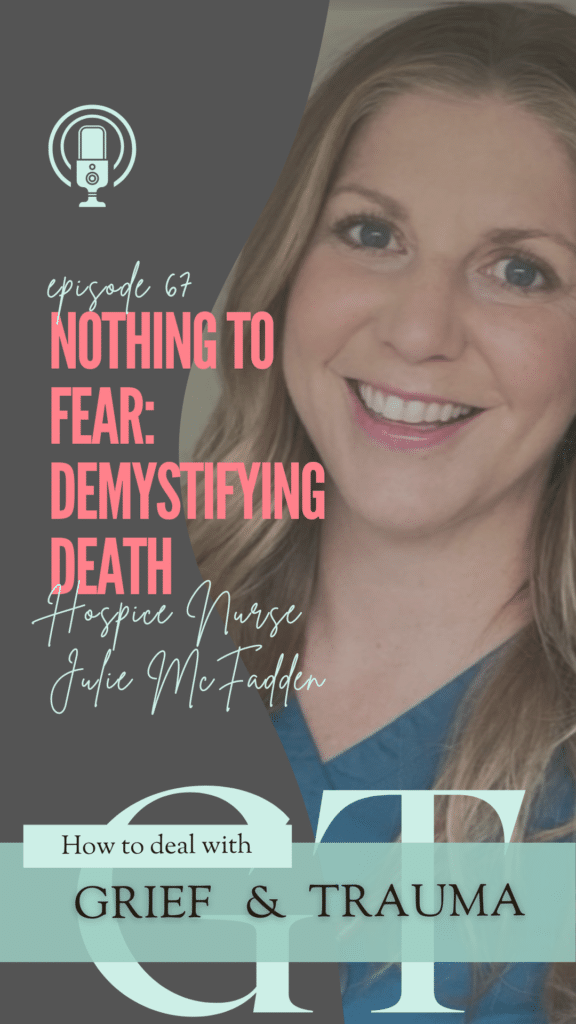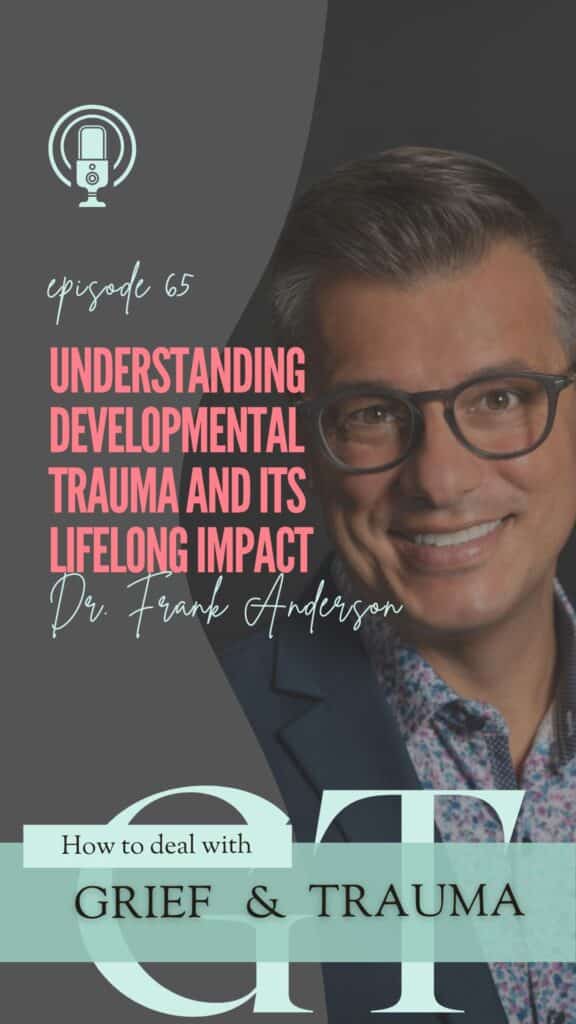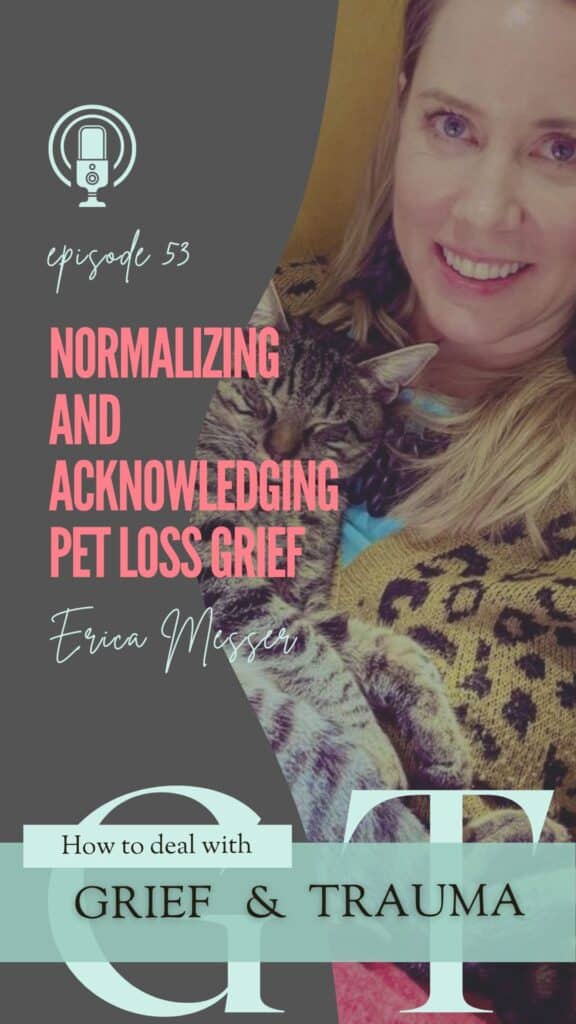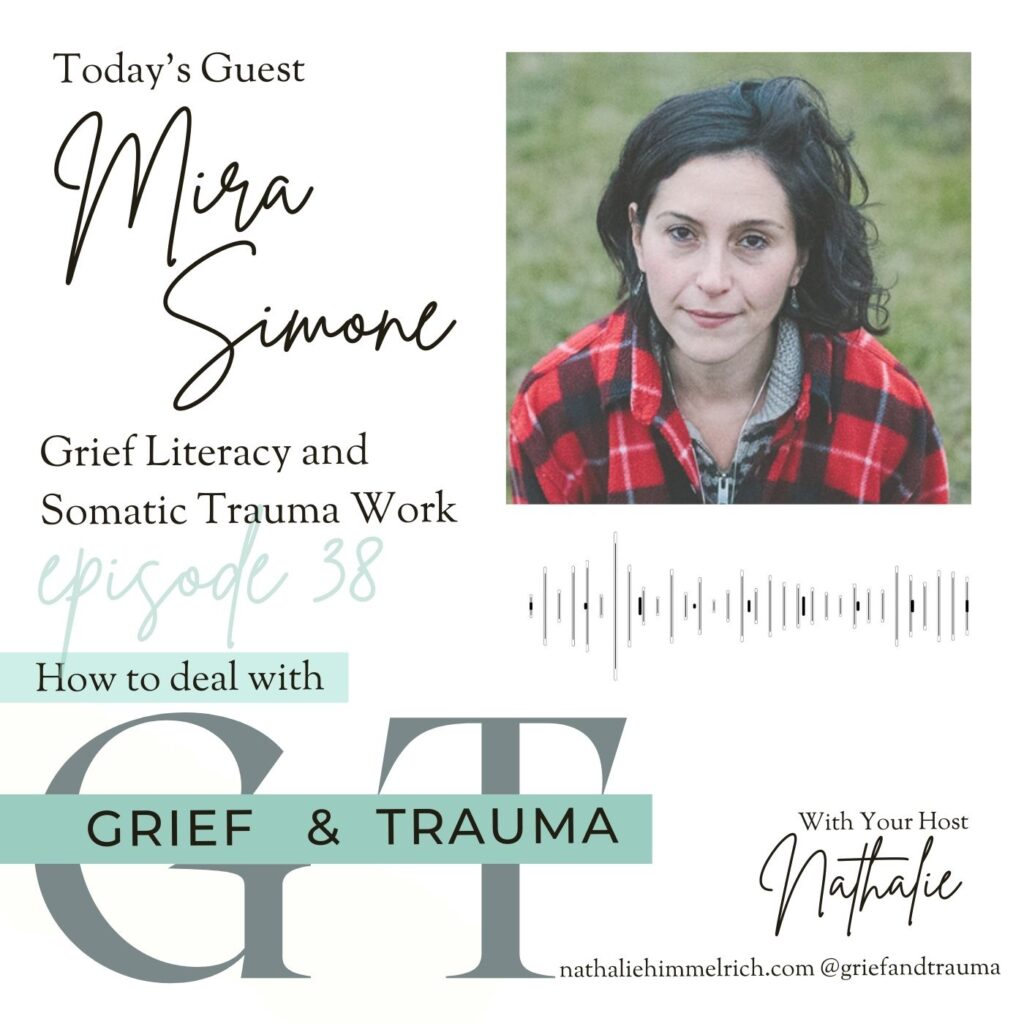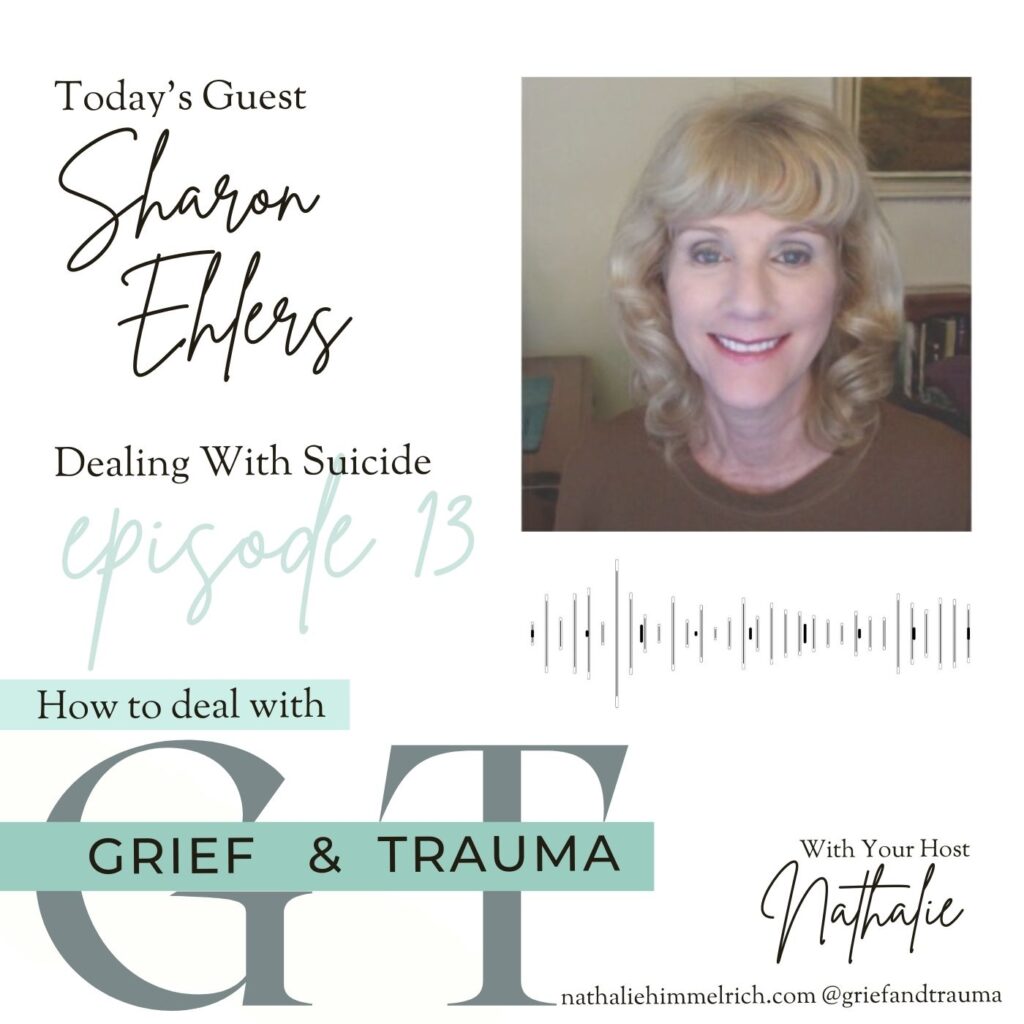HOW TO DEAL WITH GRIEF AND TRAUMA is completely self-funded, produced, and edited by me, Nathalie Himmelrich.
Consider making a small donation to support the Podcast: bit.ly/SupportGTPodcast. Thank you!
For more information, please visit Nathalie’s website, join the podcast’s Instagram page, and subscribe to the newsletter to receive updates on future episodes here.
About this week’s episode
I’m very excited about this week’s guest: Hospice Nurse Julie. I found her on social media, like many of her followers do, where she shares openly about death and dying. In Julia, I found another friend who is friends with death. In this episode, you will learn so much about what happens in the dying process and truly understand that there is nothing to fear, as it says in Julie’s upcoming book.
About this week’s guest
Julie McFadden, BSN, RN has been a nurse for 15 years. Julie is an experienced ICU and is now a Hospice/Palliative Nurse. Julie has been featured in Newsweek, USA Today, The Atlantic, and several other articles worldwide. Julie has been passionate about normalizing death through education to the masses using social media. Her TikTok has 1.4M followers, and you can find her on all social media platforms (Instagram, Facebook, and YouTube) at Hospice Nurse Julie.
- Website www.hospicenursejulie.com
- YouTube: https://youtube.com/@hospicenursejulie?si=AwrIGHxEq-mA68Lc
- TikTok: @hospicenursejulie
- Instagram: @hopsicenursejulie
Resources mentioned in this episode:
- Julie’s upcoming book: Nothing to Fear: Demystifying Death to Live More Fully
- David Kessler: Visions, Trips and Crowded Rooms
- Barbara Karnes: The Final Act of Living
Thank you for listening!
HOW TO DEAL WITH GRIEF AND TRAUMA is produced and edited by me, Nathalie Himmelrich. Support the show
Support the show:
- Become a supporter of the show! Starting at $3/month
- Join Facebook Group – Grief and Trauma Support Network
- Download the FREE grief resource eBook
- Book a Discovery Call
- Leave a review
Follow on socials:
